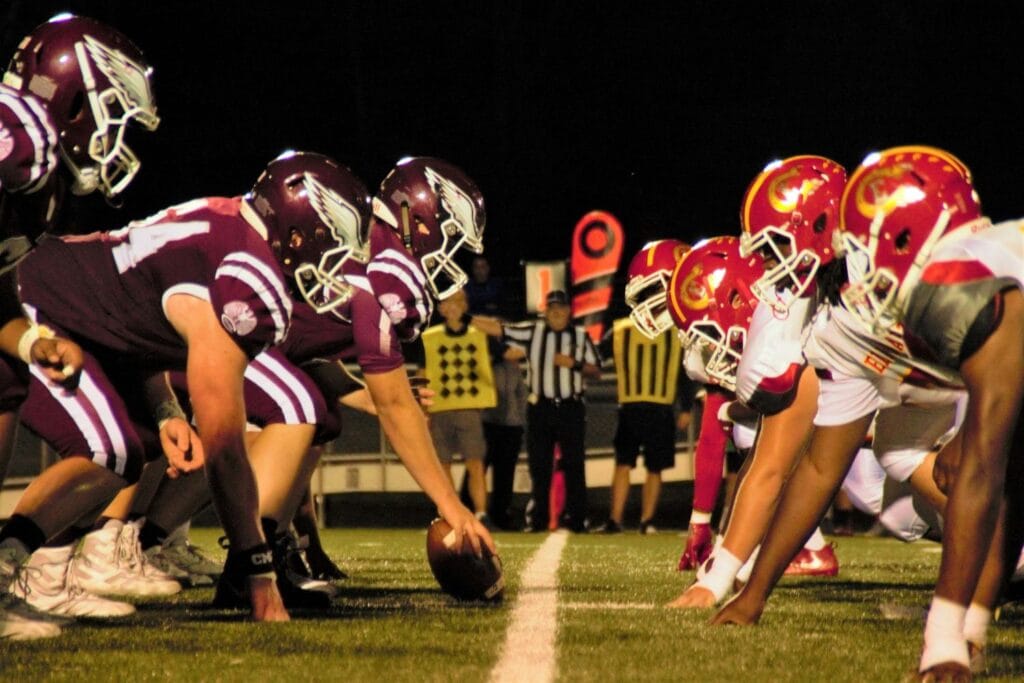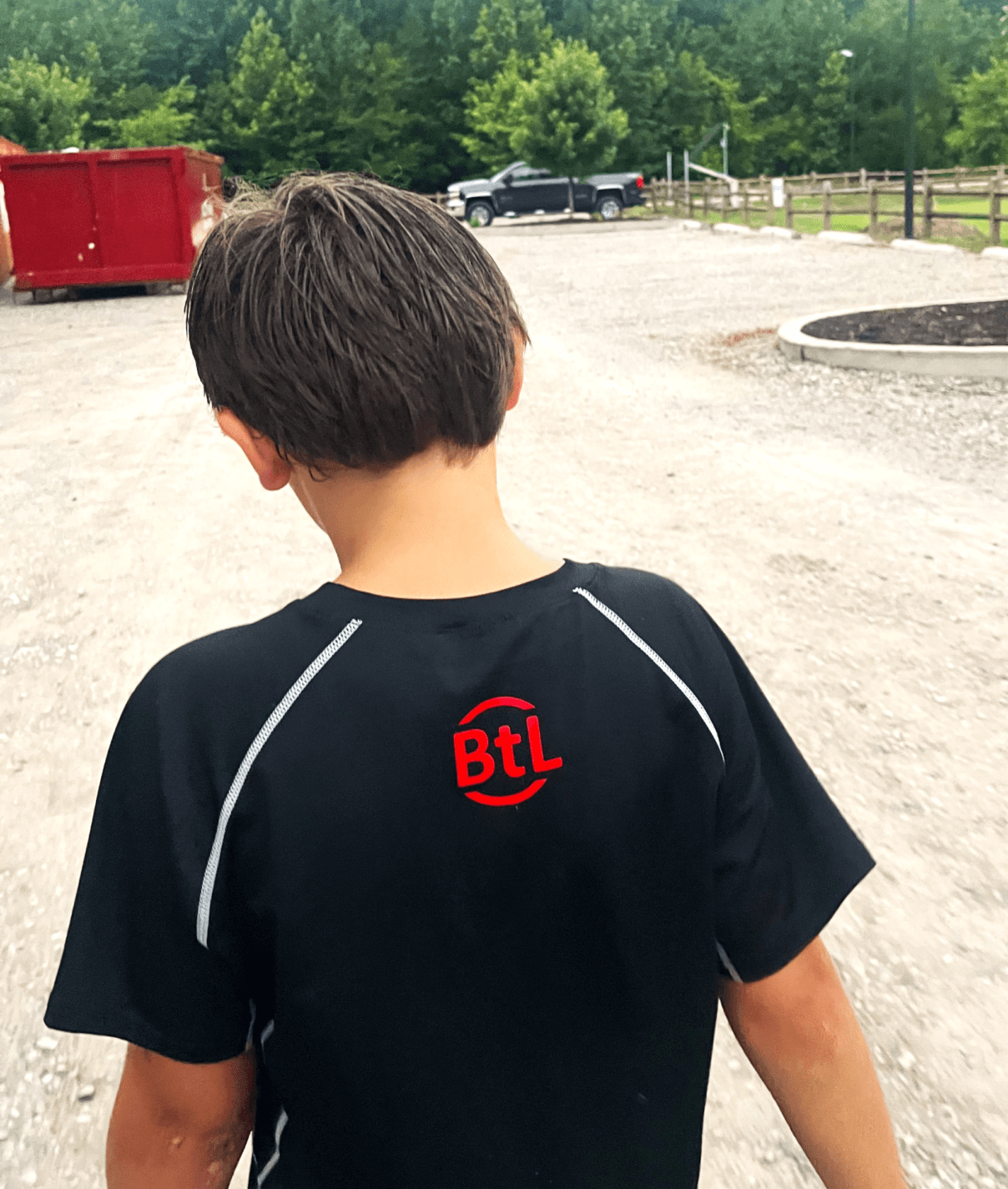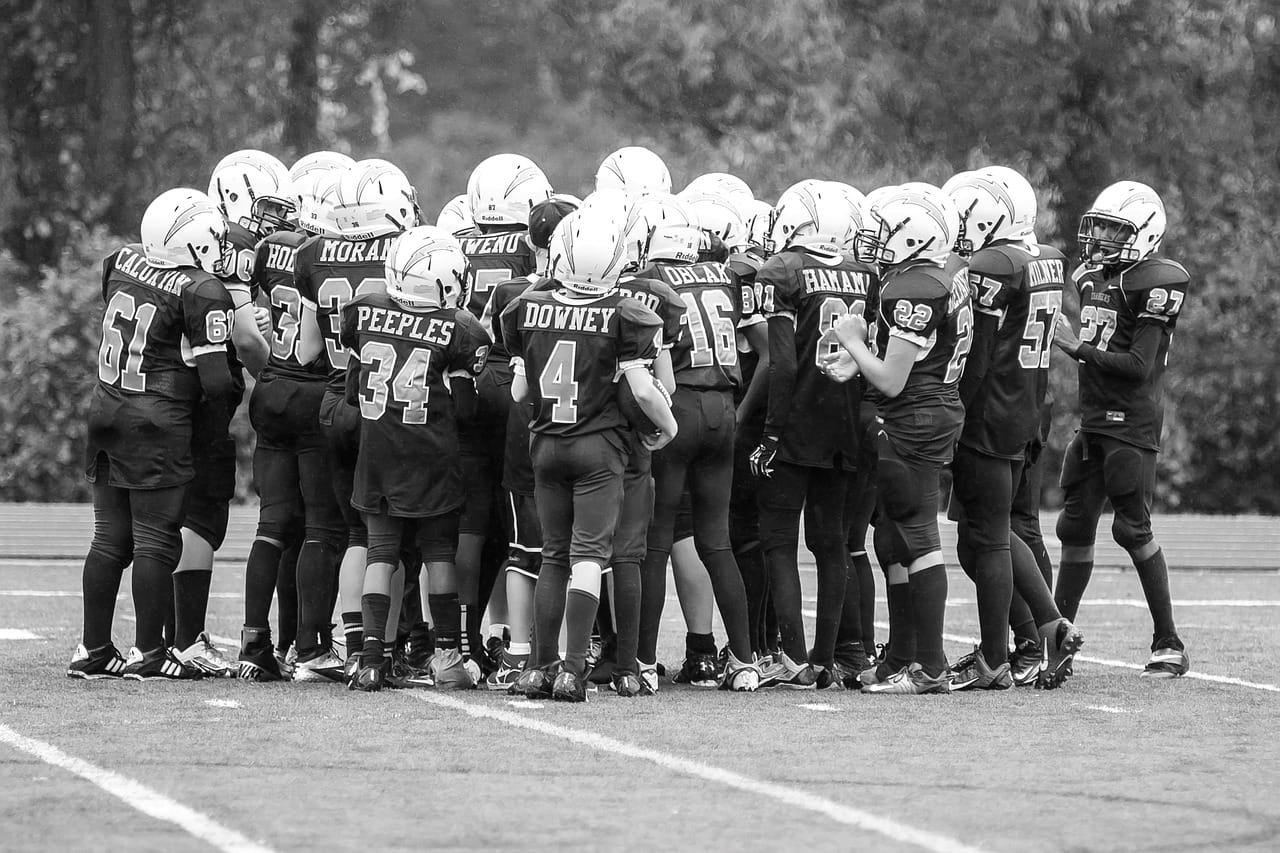
To achieve proper nutrition for athletic performance, it’s important to consume a variety of nutritious foods. We require adequate protein, energy, macro-minerals, trace elements, vitamins and water to function every day at a high level. The more stress/exertion that we put on our bodies, the greater the demands for these nutrients. Athletes ask a lot from their bodies and sometime under very harsh conditions. To achieve at the highest levels, it takes a dream, work and the right nutrition and adequate hydration.
Nutrition for Athletic Performance
Protein
Protein is the building blocks of muscle. Inadequate protein will result in poor muscle development, fatigue and a diminished immune system.
Good sources of protein include eggs, red meat, white meat, fish and beans. The different protein sources also supply other essential nutrients, some unique to others (i.e. red meat high in iron and b-vitamins or fish supply beneficial fatty acids). The unique nutritional benefits are why it’s important that athletes try to consume adequate amounts of protein from a variety of sources.
Energy
Energy is what makes us run faster, jump higher and out compete our competition. The obvious impacts of poor energy nutrition are a lack of energy and losing weight. Energy is important to every process within the body. In the event of poor energy nutrition, the body will burn protein in addition to fat to maintain normal bodily functions.
Energy is provided by carbohydrates and fats. Carbohydrates include starchy foods such as potatoes, rice or breads. Fats contained in the various foods that we eat are also good sources of energy if consumed in moderation. Different carbohydrate sources also have unique nutritional benefits so consuming a variety is also important.
Macro-minerals
The macro-minerals include calcium, magnesium, phosphorous, potassium and sodium. These essential elements are contained within many of the foods that we eat every day. However, the concentration of these elements will vary among foods. Consuming a variety of foods help ensure our ability to meet our nutritional needs.
These elements are important in bone development, muscle contraction, energy conversion and overall cellular function. Sodium and potassium are 2 commonly discussed macro-minerals within the athletic forum due to their involvement dehydration. They all have unique functions and are key to adequate nutrition for athletic performance.
Trace minerals and vitamins
I have heard people say that we should eat the color of the rainbow every day. This doesn’t mean we should eat a bag of skittles everyday! It refers to eating foods with a variety of colors. Athletes should eat in this manner to help cover their needs for the many trace minerals and vitamins that are also essential to proper nutrition for athletic performance.
These nutrients are required in trace amounts and are important for energy metabolism, development, immune function and structural integrity (among other things). Don’t underestimate the impacts that these nutrients can have on our health and performance due to their relative requirement.
Water
Water is vitally important to provide proper nutrition for athletic performance. However, our bodies can only absorb a certain amount of water per hour so it’s important to drink plenty of water throughout the day. When you are participating in any activity that causes you to sweat, your water requirement will increase. Your water requirement will increase relative to the amount you sweat. Since each individual varies in the quantity of sweat produced, it’s difficult to give exact recommendations.
An easy way to monitor hydration is to monitor body weight change. Ensure that body weight is maintained between athletic events. A general recommendation is to consume 20 oz of water per hour for each pound of body weight lost. Example – If you lose 3 pounds then consume 20 oz of water each hour for 3 hours to regain body weight.
Sports drinks should be limited to use after sports participation. Instead of using them to provide electrolytes, focus on consuming a variety of foods to supply those needs. Sports drinks can be beneficial after participation to regain electrolytes lost through sweat. However, an alternative to sports drinks is chocolate milk. Chocolate milk not only provides electrolytes but also protein, fat and a variety of other essential nutrients.

Overview of Nutrition Tips
- Consume high quality protein and energy foods
- Avoid processed foods when possible
- Consume a variety of foods and food colors
- Drink water throughout the day
- Consume sports drinks only when needed
- Consider chocolate milk as an alternative to sports drinks
- Discuss specific concerns or nutritional with a doctor or dietician
Nutrition is key for performance
Achievement as an athlete requires a lot. Nutrition and hydration are core to this achievement. Since individual needs may vary, its important that you monitor your own nutritional requirements. You or your parents will be most familiar with your exertion levels and overall ability to maintain/gain weight relative to your goals. Using this knowledge, you may need to adjust accordingly. Understand, if you want to perform at your highest potential, nutrition is vital!
Eat well, play well!
BtL
Subscribe to our email list to get our content direct to your inbox!
Follow us on Facebook, Twitter, Instagram and TikTok
To learn more about Ball to Life and our mission, click here.

